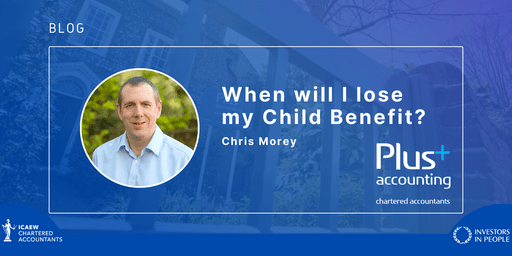
What is Child Benefit?
Child Benefit is received if you are responsible for bringing up a child who is under 16, or under 20 and in approved education or training. Approved education includes A levels but does not include higher education such as a university degree. Approved training is unpaid training that is not part of a job contract.
How is Child Benefit paid?
The full Child Benefit allowance is paid every 4 weeks for the eldest (or only) child and a further reduced allowance for any additional children.
The person claiming and receiving the Child Benefit will receive National Insurance credits if they are not working or not earning enough to pay National Insurance contributions and if the child is under 12. These credits count towards their state pension.
If the person receiving the Child Benefit or their partner’s individual adjusted income (total taxable income before personal allowances but after deducting gross pension and gift aid relief) is over £50,000 then some or all the Child Benefit will have to be paid back depending on the amount of adjusted income received. It does not matter if the child is not your own child and once this figure is over £60,000 then the whole of the benefit is repayable. This is known as the High-Income Child Benefit Tax Charge.
The person who has the higher adjusted income is responsible for paying the tax charge and therefore should fill in a self-assessment tax return each year.
If your adjusted income is over the £60,000 threshold, it is possible to choose whether to receive Child Benefit payments and pay the high-income tax charge at the end of each tax year or not to get Child Benefit payments at all (and avoid the need to pay the tax charge).
Do you have to receive Child Benefit?
If you choose to not receive the Child Benefit, then you should still complete a child benefit claim form stating on the form that you do not want to get any payments. As noted above, it is important to complete this form to ensure that you receive the National Insurance credits and ensure that your child automatically receives a National Insurance number before they reach the age of 16.
Author: Chris Morey, Director, Plus Accounting
Email: chrism@plusaccounting.co.uk
Any views or opinions represented in this blog are personal, belong solely to the blog owner and do not represent those of Plus Accounting. All content provided on this blog is for informational purposes only. The owner of this blog makes no representations as to the accuracy or completeness of any information on this site or found by following any link on this site.
Date published: 19 January 2022


